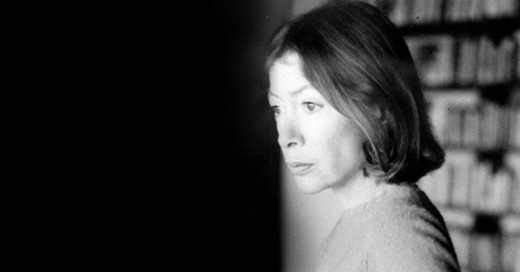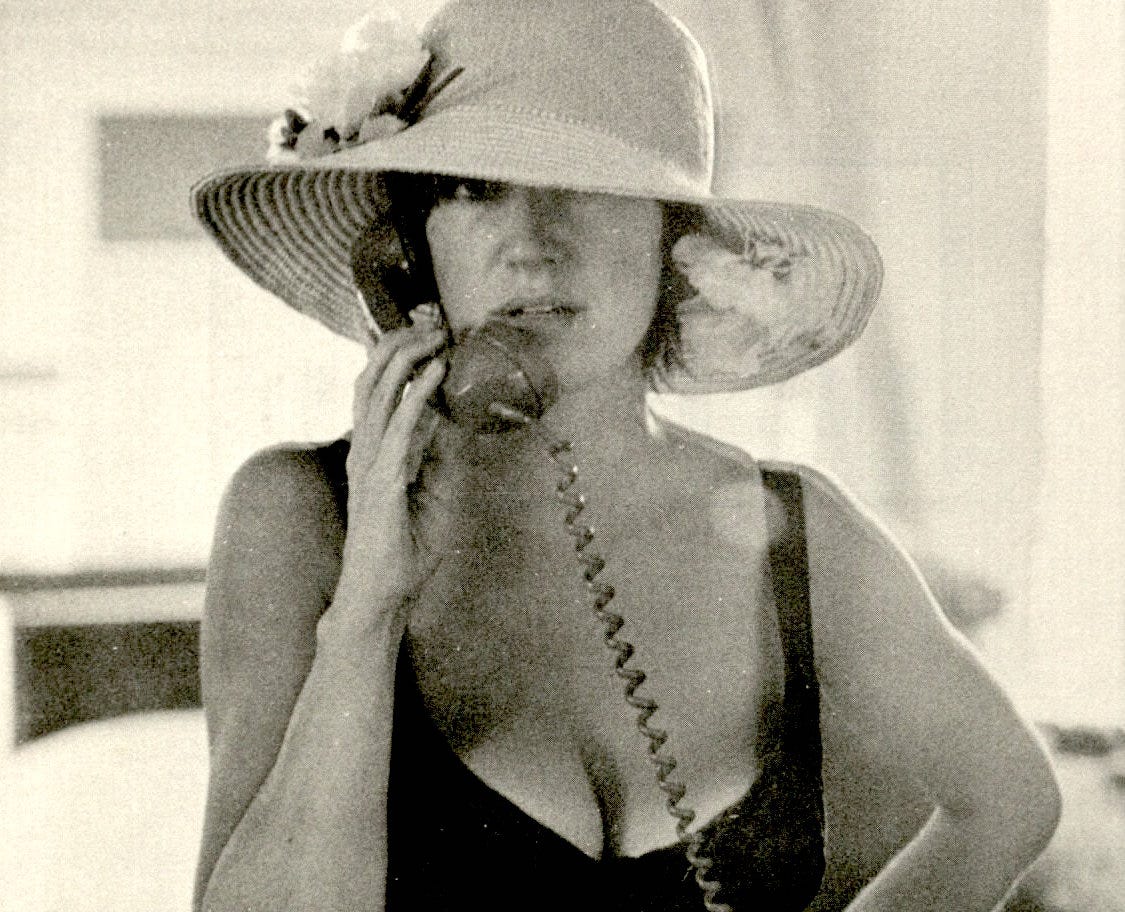Hi,
Lately I’ve been thinking about the ways writers find to dislike one another. Admittedly, a strange thought at the end of a year in which I’ve been reminded constantly of the generosity of my peers—the number of writers to whom I am profoundly indebted, so many of them my friends—but . . . my holiday pile included a copy of Shirley Hazzard’s memoir of her friendship with Graham Greene, Greene on Capri, which reminded me of a spat that broke out upon its publication in 2004. This spat—the angry letters that were traded in the New York Review of Books—has vanished from the internet, but a brief and rather nutty recap of it appears here. After Hazzard published her memoir, longtime Greene’s romantic partner, Yvonne Cloetta, wrote a letter claiming inaccuracies in Shirley’s book and asserting, further, that Greene never liked Hazzard very much to begin with, that theirs had been a “parody of a friendship,” and that Greene once boarded a bus after a meal with Hazzard not because he was cheap, as Hazzard claimed, but because he wanted to get away from her incessant talking. It’s a wild little story, petty and wild (Hazzard’s counterclaim was that Cloetta was jealous and had gone so far as to publish a negative review of Hazzard’s memoir under a pseudonym), but I suppose it came to mind as even the best of our artists aren’t saints. Hazzard wasn’t (my friendship with her is a subject for another time, another newsletter, but you can read Lauren Groff’s appreciation of her astonishing novel The Transit of Venus here), but she was one of the kindest, most morally acute people I’ve ever met even besides being a genius. And, of course, the air is thick these days with pieces about two recently departed writers, ones to whom the name of this newsletter passingly acknowledges, so I can’t help but think of them too, Eve and Joan, Joan and Eve, as a kind of matching set.
I wrote about Eve Babitz’s passing for the Los Angeles Times here, and about Joan Didion’s for Los Angeles magazine here. So much else having been written of each of them in life, let alone in death, I don’t have a ton to add in this newsletter (for recent Didion pieces, Zadie Smith’s is excellent, as is David Ulin’s; for Babitz, you might just go ahead and read Lili Anolik’s book if you haven’t), except to pose them in a kind of relation: Evie, the freewheeling hedonist, Didion, the cool customer, the unsentimental one who refused to blink at the sight of a six-year-old on acid.
Could one really have existed without the other? Yes, surely. But Babitz was onto something when she thanked Didion in the acknowledgments of her first book “for having to be who I’m not.” She meant, of course, that Didion had plowed a certain furrow, covered her own territory in a certain way, which allowed her—Babitz—to plow her own. Which is how it actually works. Didion did her thing, writing about water rights and morality, while Babitz turned her eye on kissing and seductive actors. You can rank them however you want to for style, seriousness, and joy in readability, but they weren’t really opposed to one another despite our curiously persistent tendency to imagine them in competition. Which is a totally understandable impulse! Just not a very accurate one. (Babitz and Didion, of course, were pals, as this hilarious little clip of Babitz calling into C-Span sometime in the late 90s makes clear.)
In lieu of the usual Slow Players dive this time, then, I’m inclined to shout out a few writers to whom I’m likewise thankful, friends and peers whose work and personhood has sustained me this year in particular. There’s Jonathan Lethem, whose phenomenal essay on “The Ecstasy of Influence” (since that’s what we’re talking about) has lost none of its punch; there’s Dana Spiotta, with whose novels you can’t go wrong (try Eat the Document, or the most recent, Wayward), in conversation here with George Saunders; there’s Deborah Shapiro, who was writing brilliantly about Babitz long before I was; there’s Janet Fitch, whose excellent YouTube channel (“Writing Wednesday”) dispenses a never ending stream of useful advice; there’s Lili again, whose irresistible podcast I’ve recommended before, and which outpaced even Succession for me for bingeability.
I could go on—on and on—but that’s not really my intention here. (Next year, I’m looking forward to new work from Malerie Willens, Laura Warrell’s debut novel, which I expect will make a ton of noise, Antoine Wilson’s already-and-very-deservedly-lauded novel Mouth to Mouth, and a whole slew of other things.) Really it’s just a reminder that as we find ourselves in the thick of listing season (“Best of ‘21”/”Most Anticipated of ‘22”) our preferences are, and should remain, idiosyncratic. Read and/or ignore what you want, when you want to, and remember that, despite the gladiatorial nature of the marketplace, writers aren’t actually in competition. As Lethem sagely put it in an interview you can read here (though you can also subscribe to the Paris Review and read it with far better formatting behind their paywall), “writing is a private discipline, in a field of companions. You’re not fighting the other writers—that Mailer boxing stuff seems silly to me. It’s more like golf. You’re not playing against the other people on the course. You’re playing against yourself.”
Speaking of which . . . this already occasional newsletter will surely be even more sporadic in ‘22, as I’m finally out of the gate on a new book, and intend to spend the next many months going at that full tilt. It’s been a good year—a great one, really—for Always Crashing, which (speaking, too, of lists) last week saw a few nice nods from The Washington Post and The Atlantic, and which produced avalanches of mail I’m still very happily digging out from under. Thank you all for supporting, and I will keep you updated as to what comes next. I’ll leave you for now with this lovely gem from Dean Wareham’s wonderful solo album—the soundtrack to the tail end of ‘21—and with the reminder, as we seem to be losing one giant after another, that Al Green is still alive.
Until soon-ish,
Matthew
p.s. if you can handle one more piece of seldom-seen Didion arcana, you can find it in Sam’s excellent newsletter Border Studies, where she links to an interview she and a pal conducted with JD during a campus visit to Yale in the early 00s. That writer, of course, is the one who sustains me more than any other. Between the two of us, it’s a wonder we haven’t yet been buried beneath the rubble of our library. Though of course there’s still time . . .





Happy New Year Matthew....my fave Didion is her interviews with runaway teens in the Haight where she profiles them as unequipped for the true task of forming a drop out movement but at the same time recuperating their motives and energy for sorely-needed anti-mainstream change....
Happy New Year Matthew. I love all the suggestions you have given over the years and in your new book. I tracked down a copy of Blue Pages and enjoyed it. Best to you from the ghost of Crazy Mamas. PS people need to stop dying for a bit.